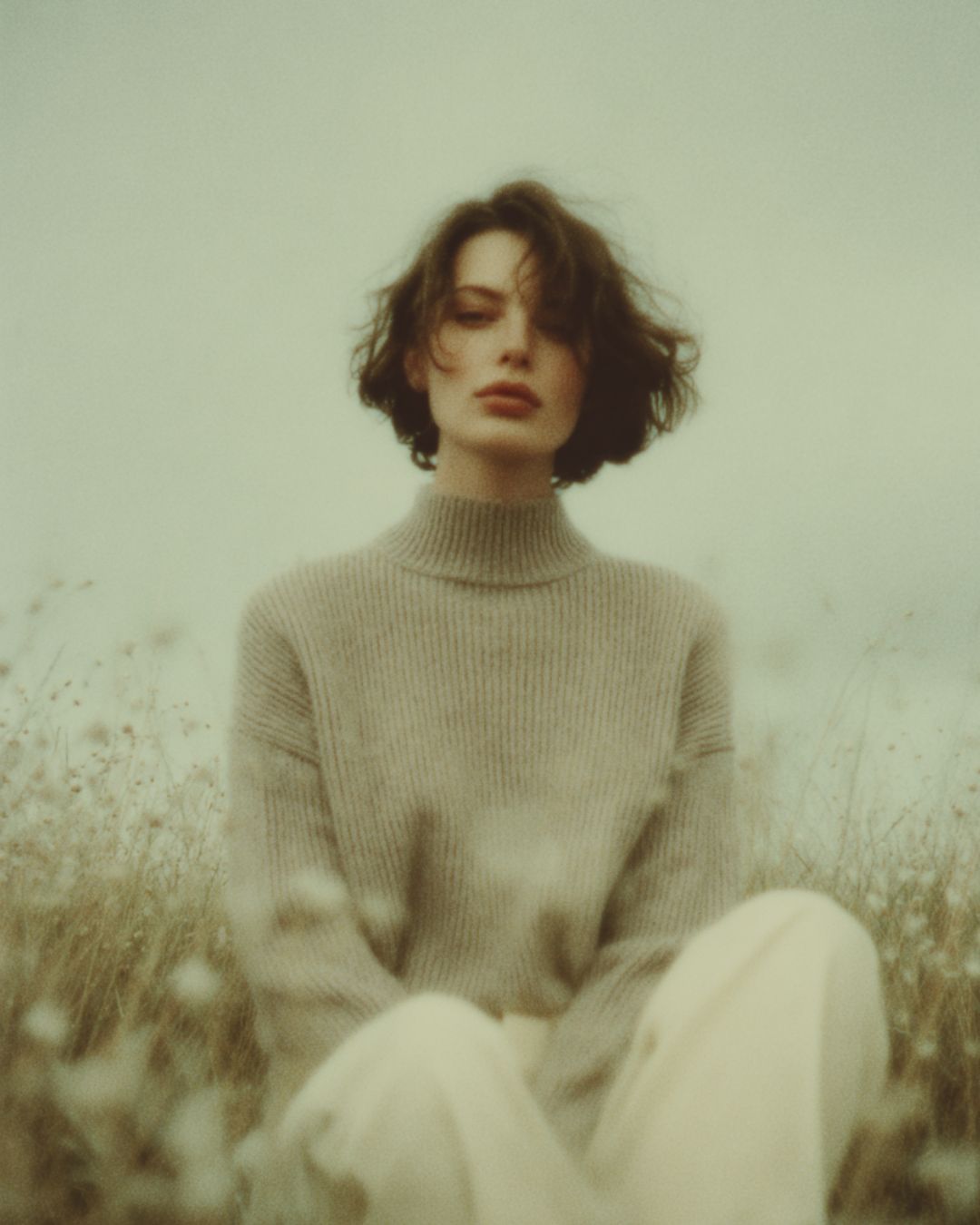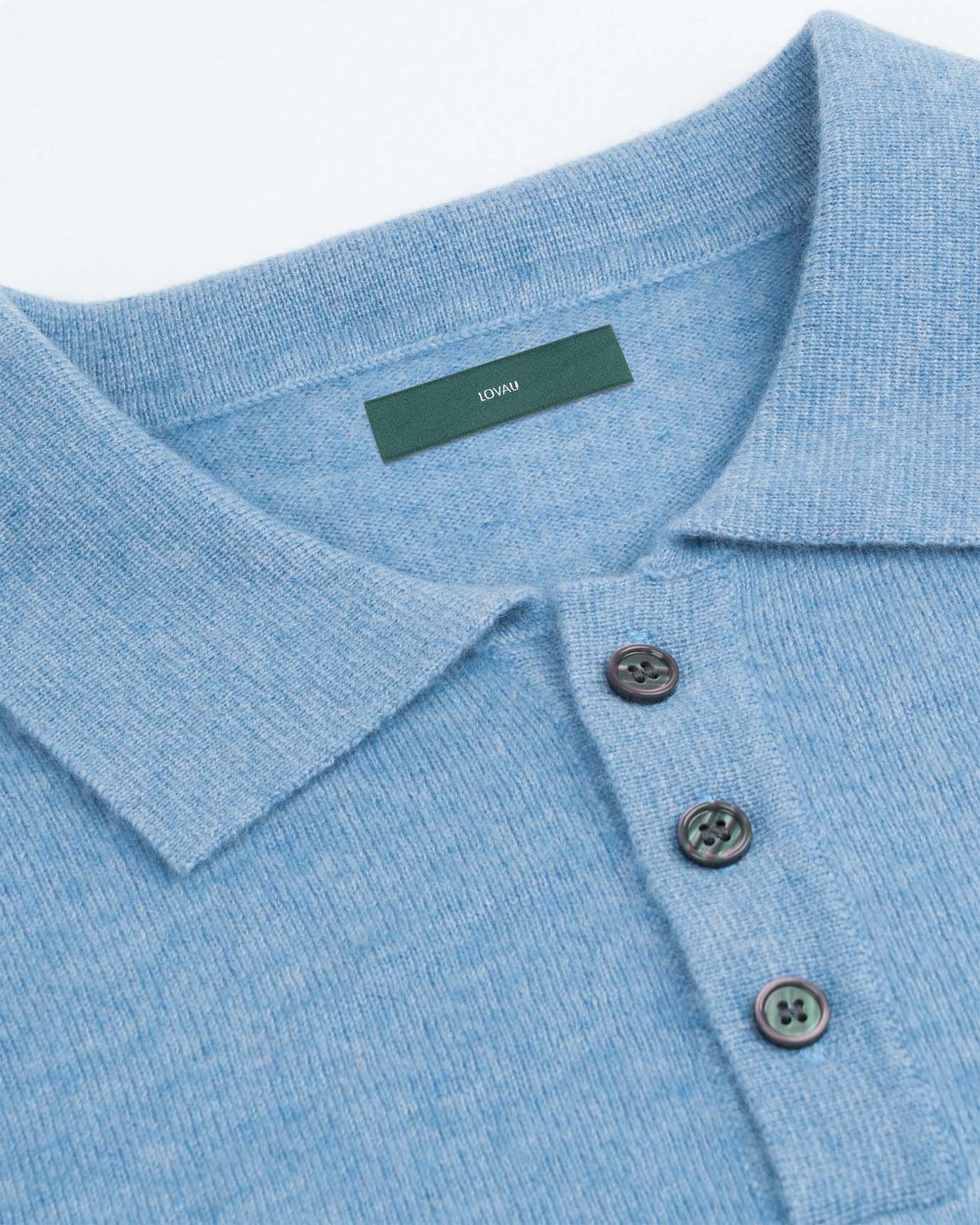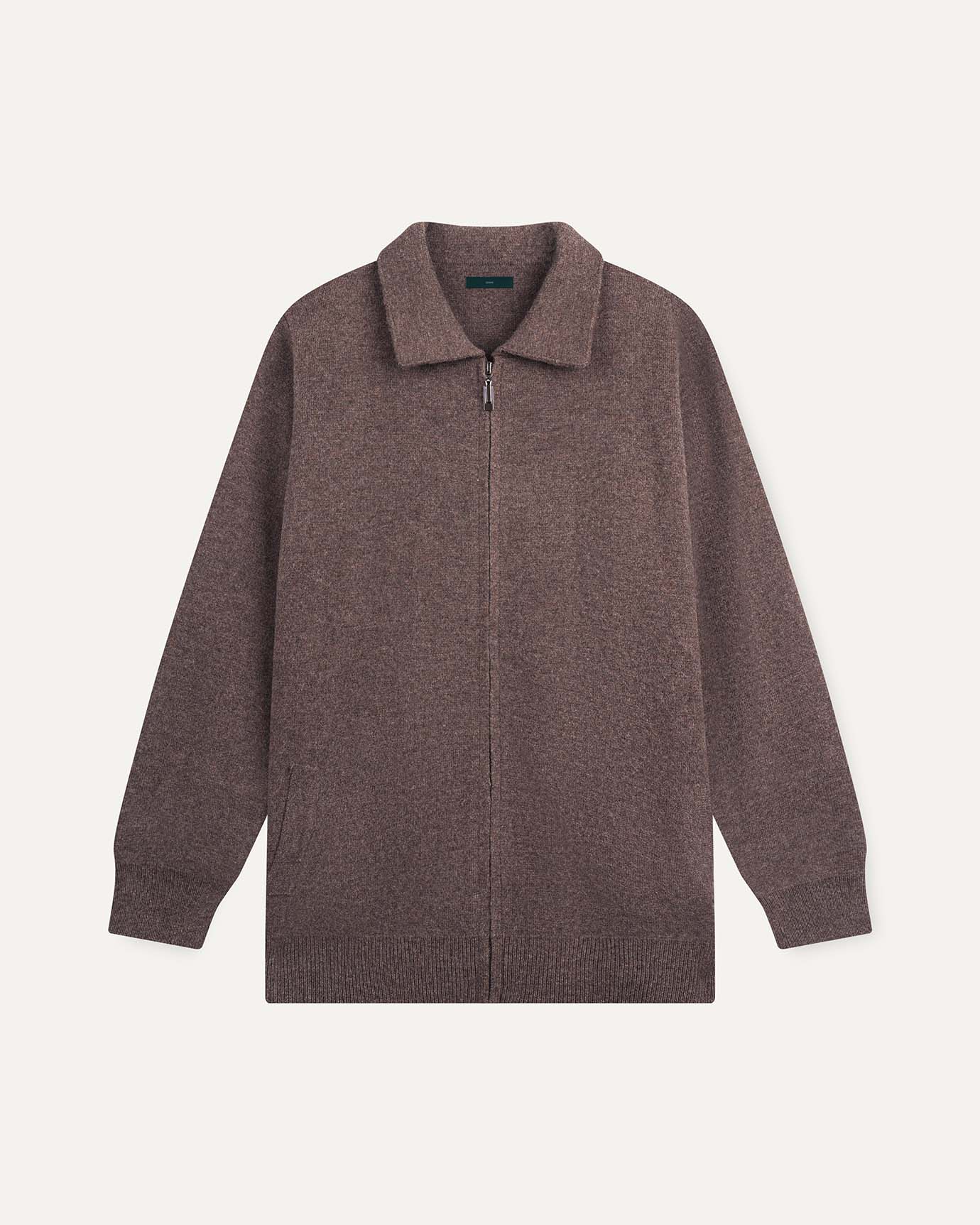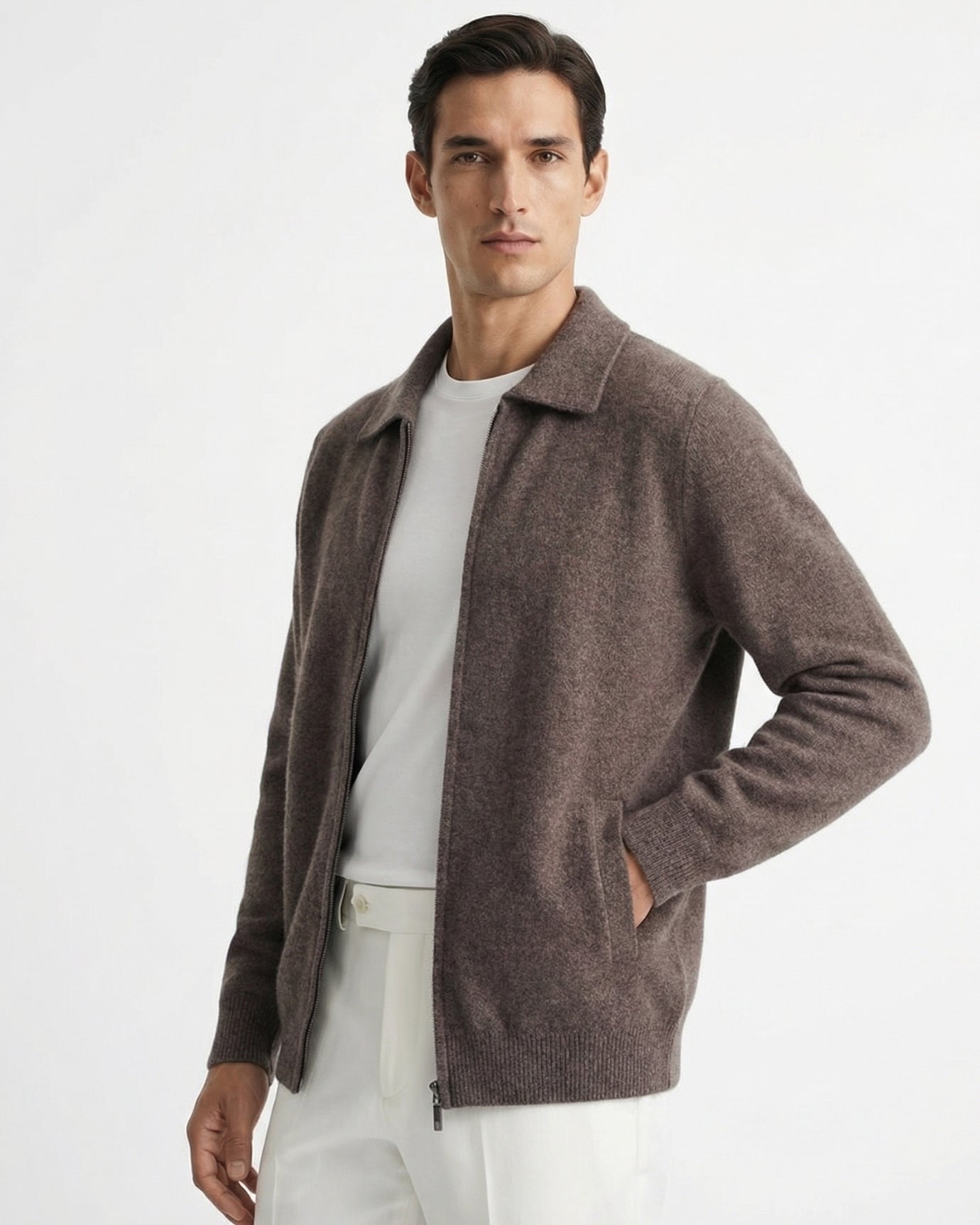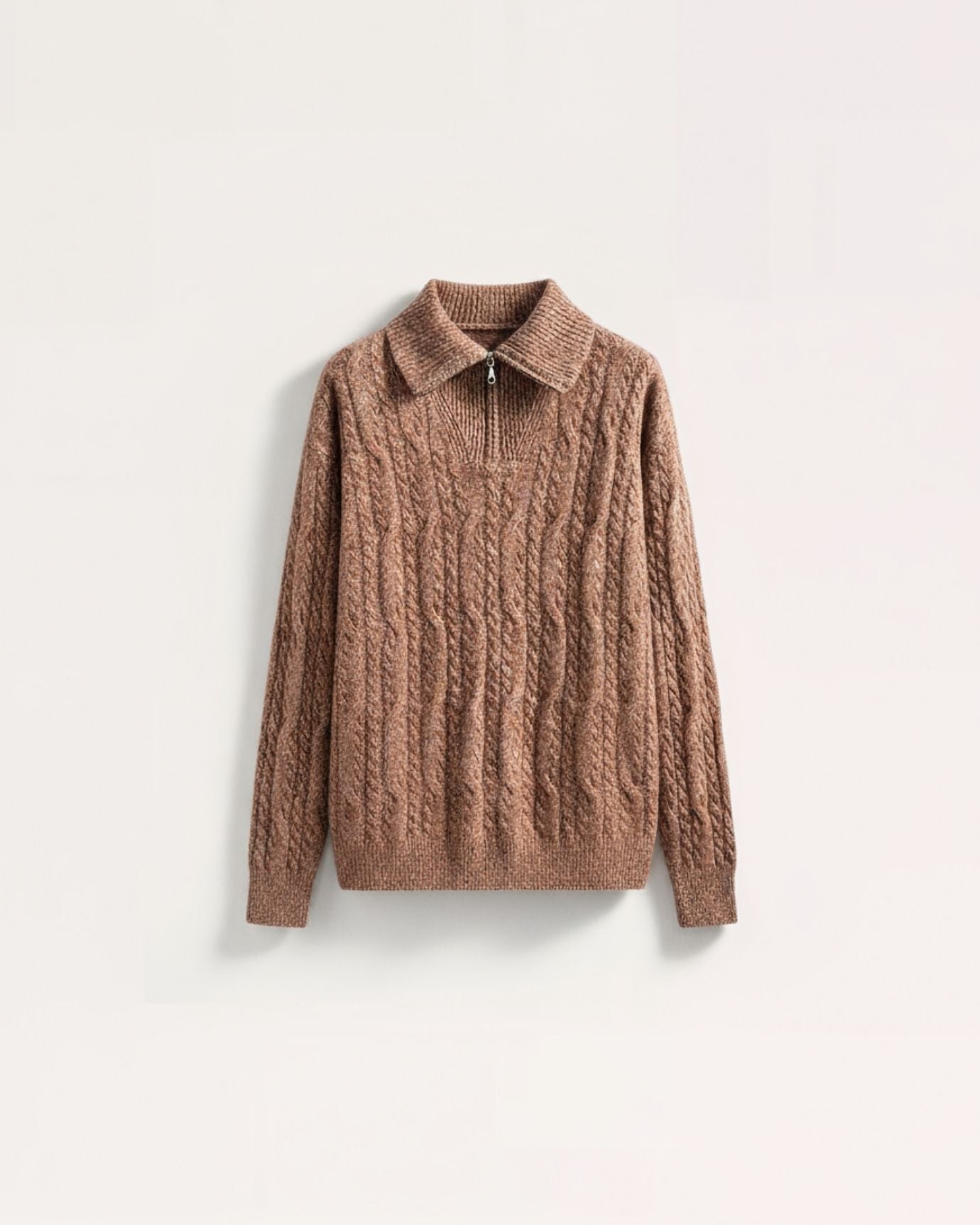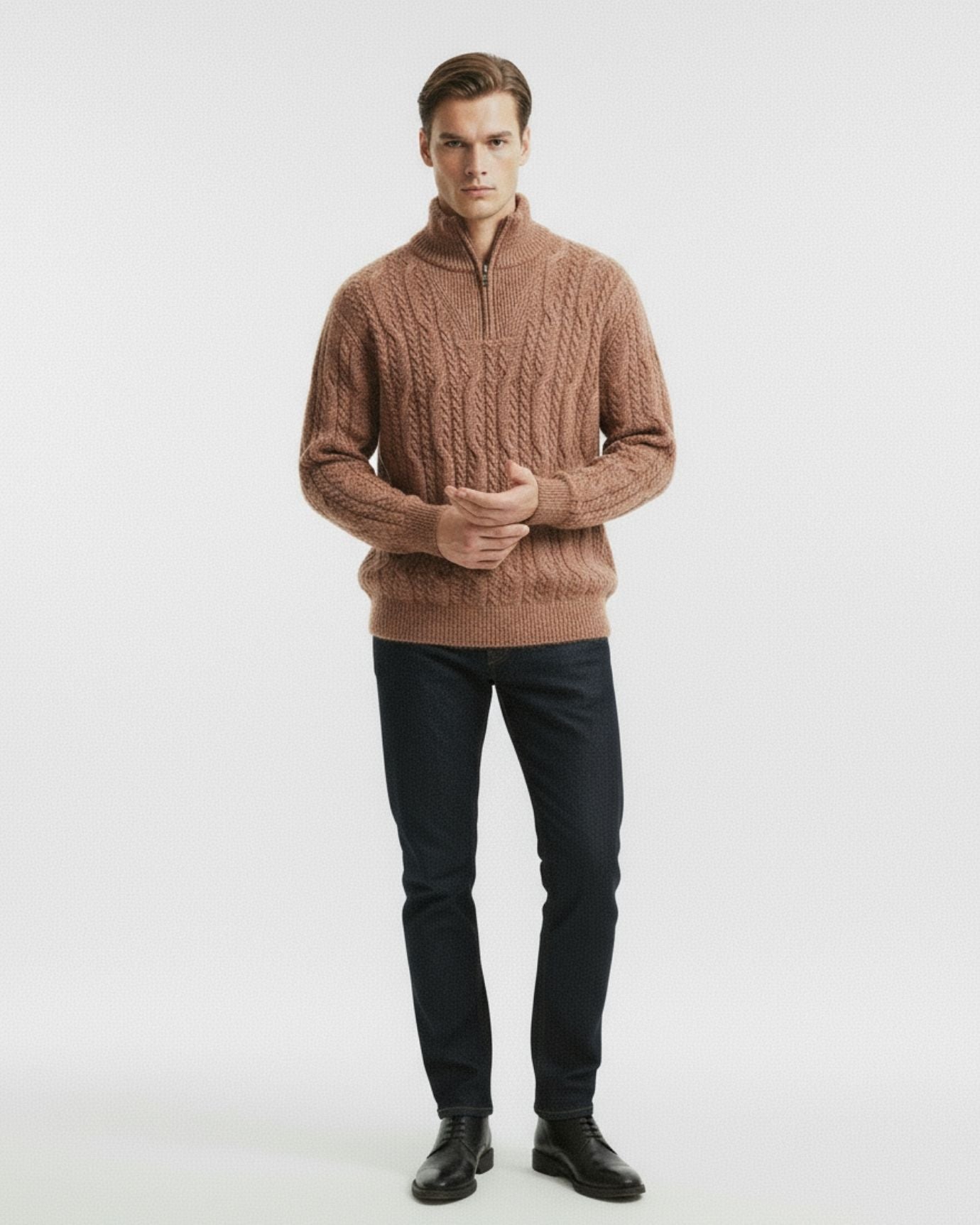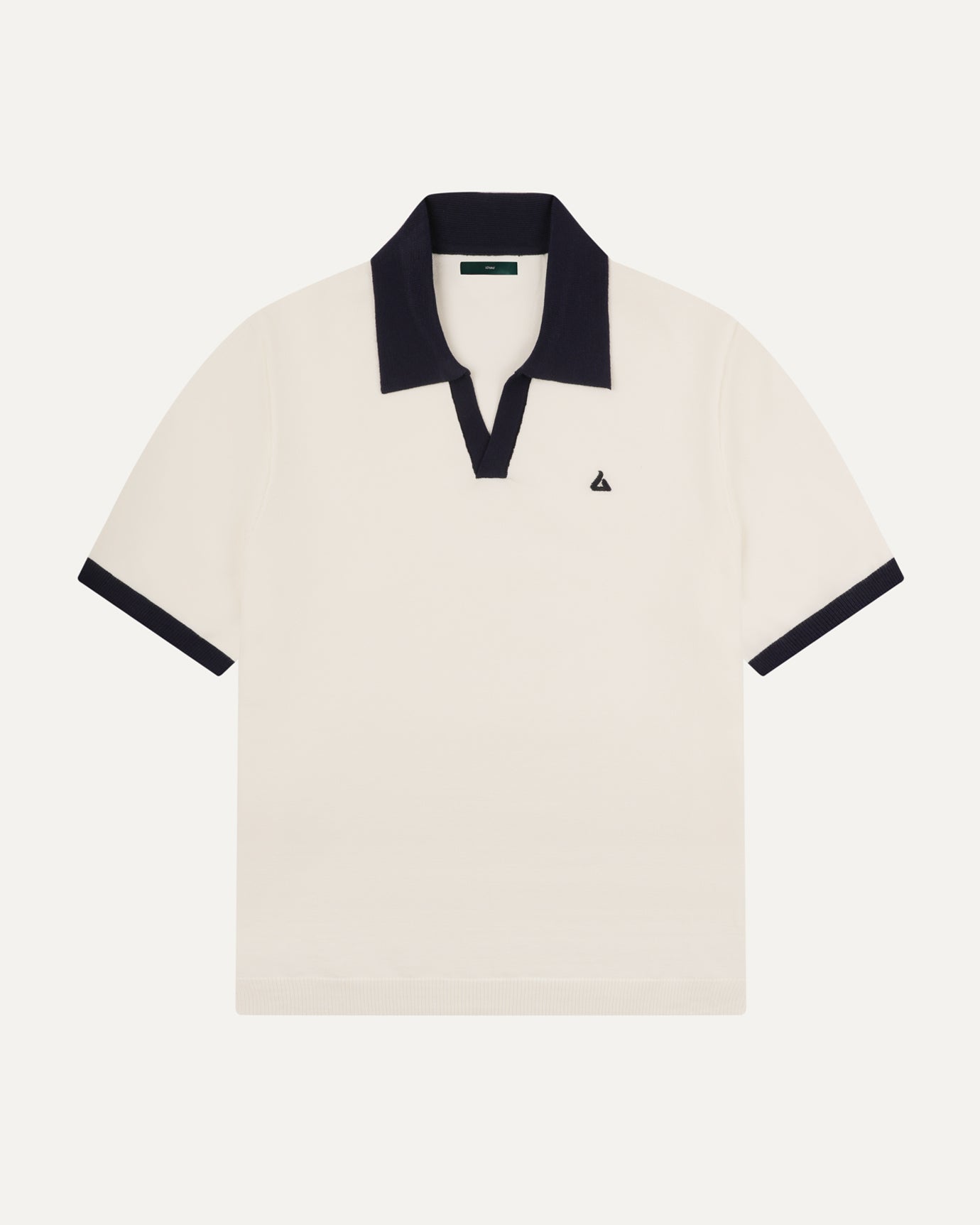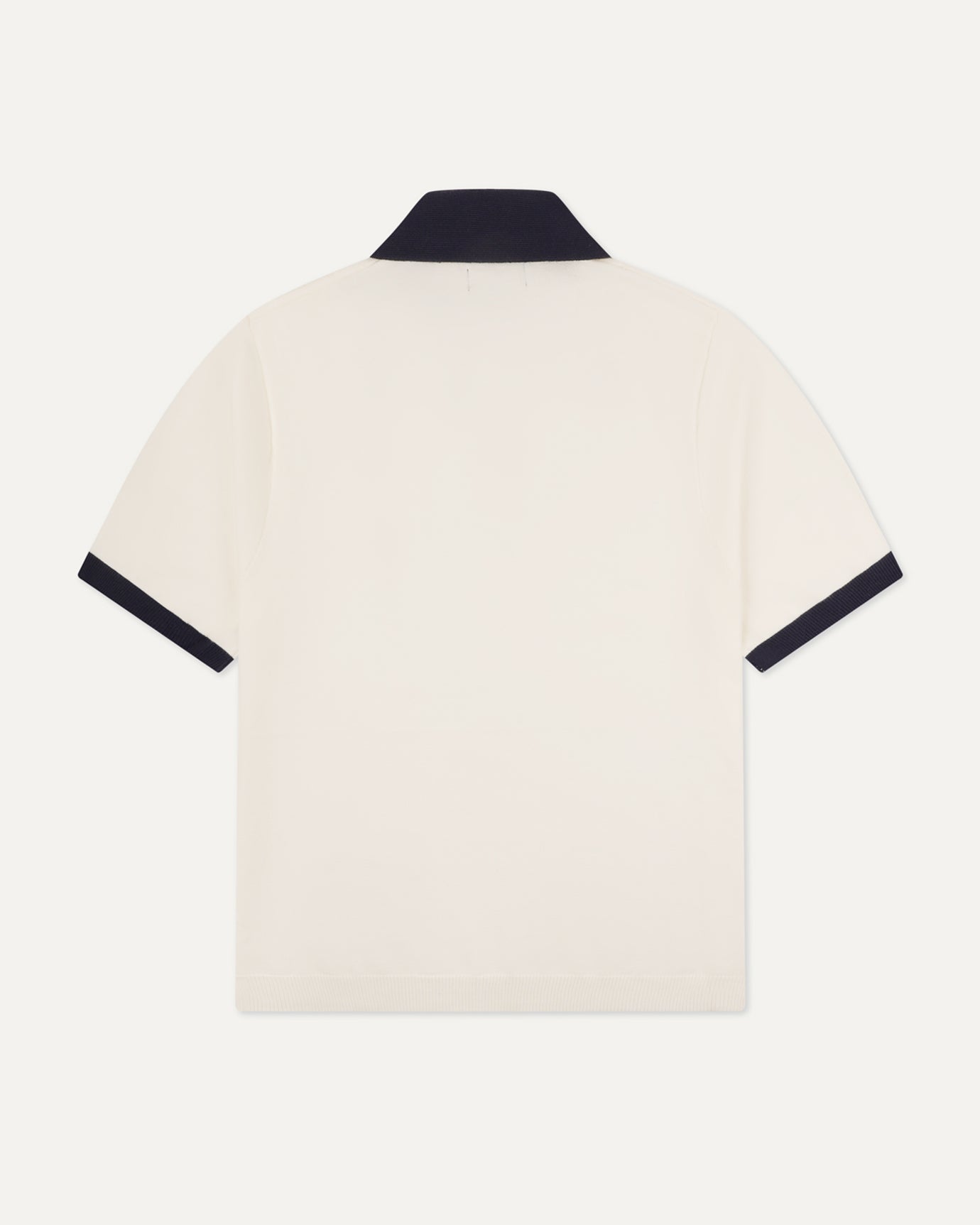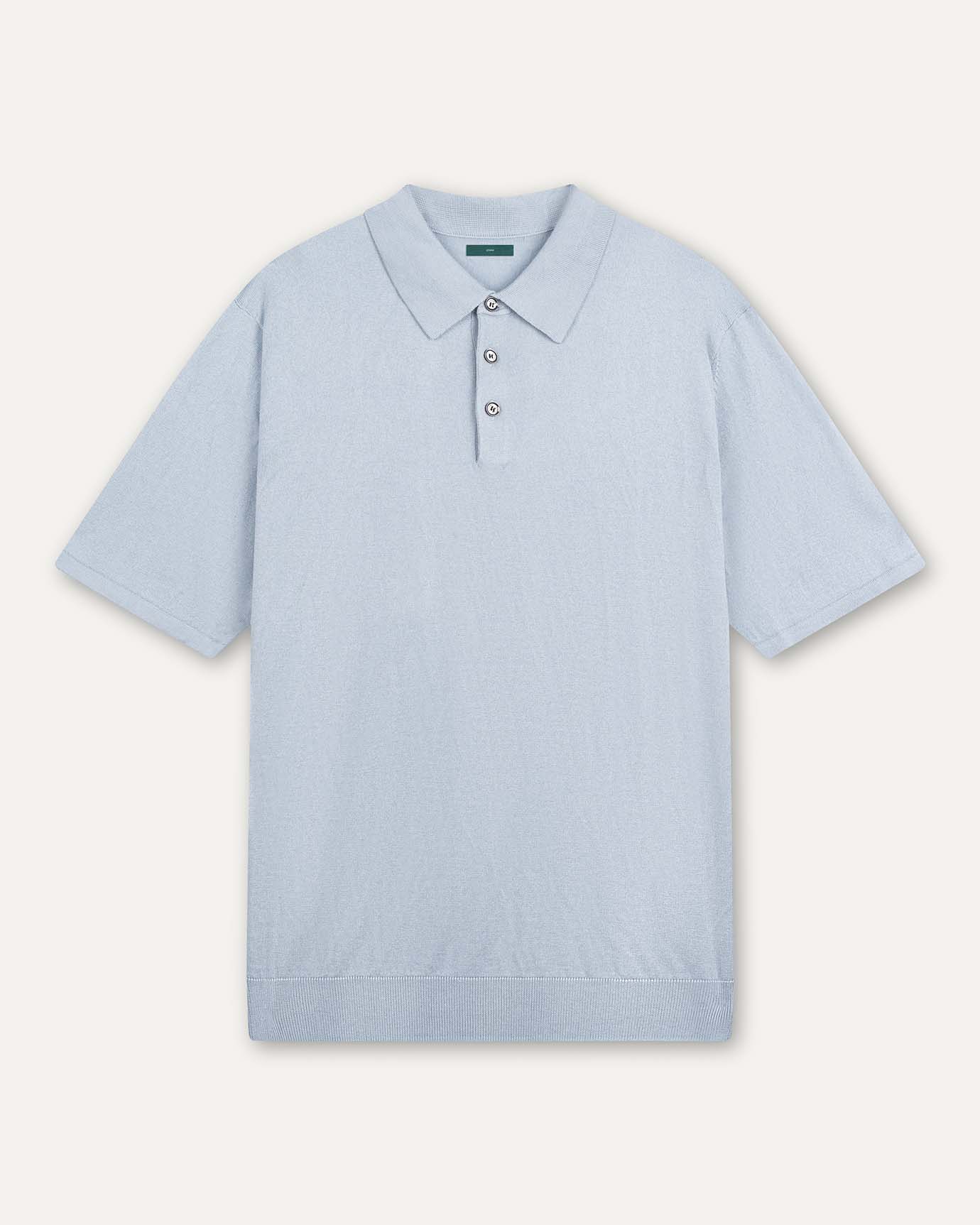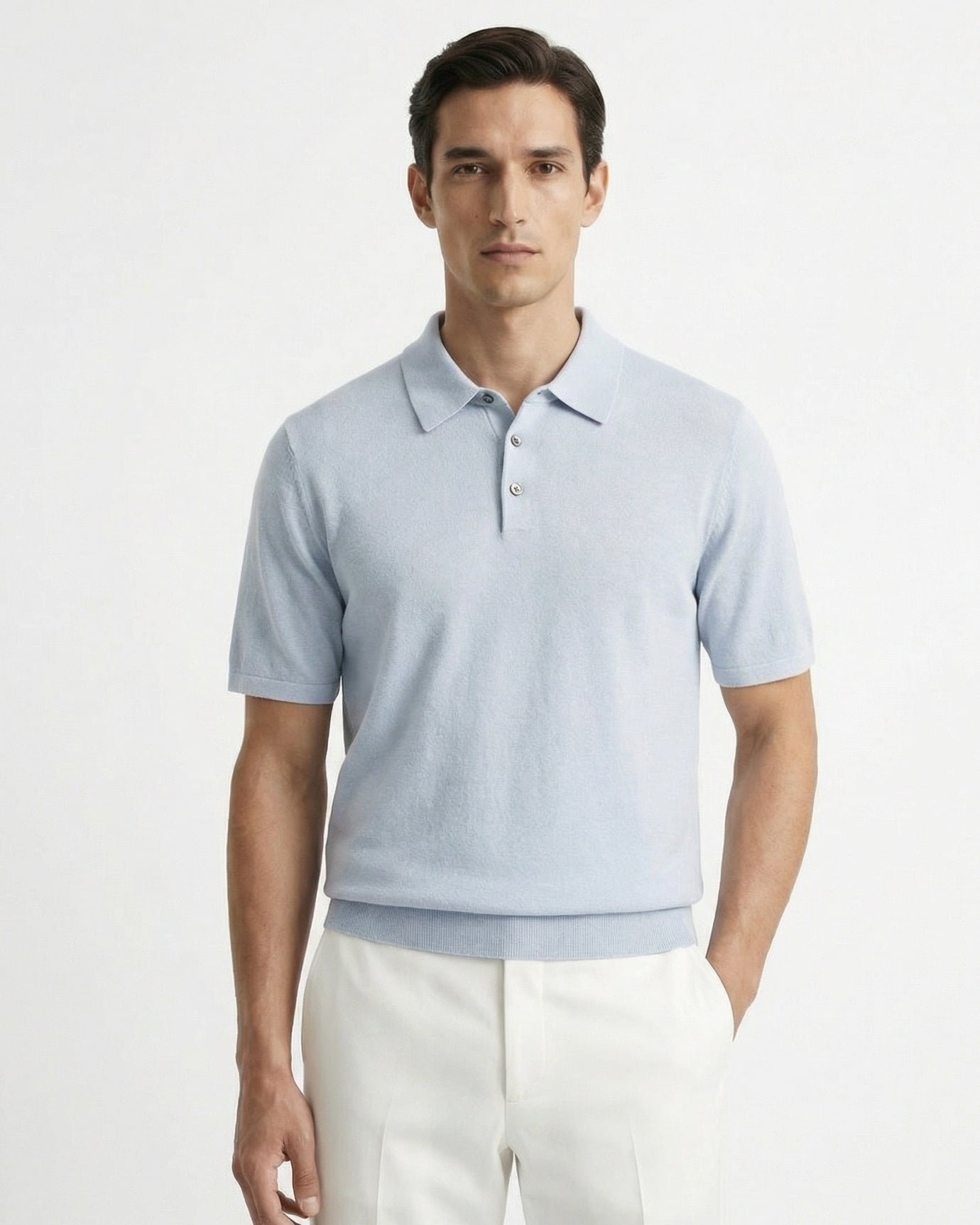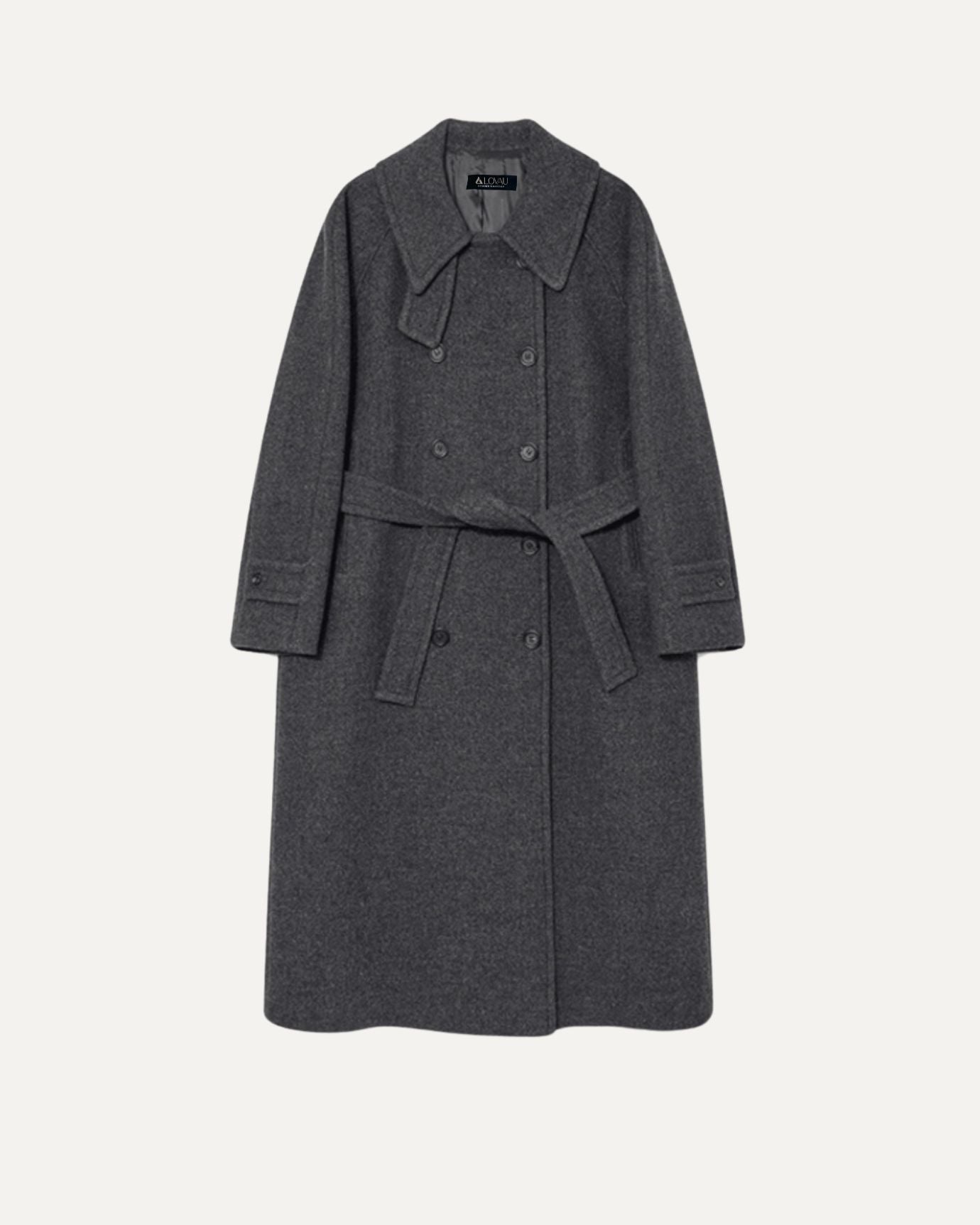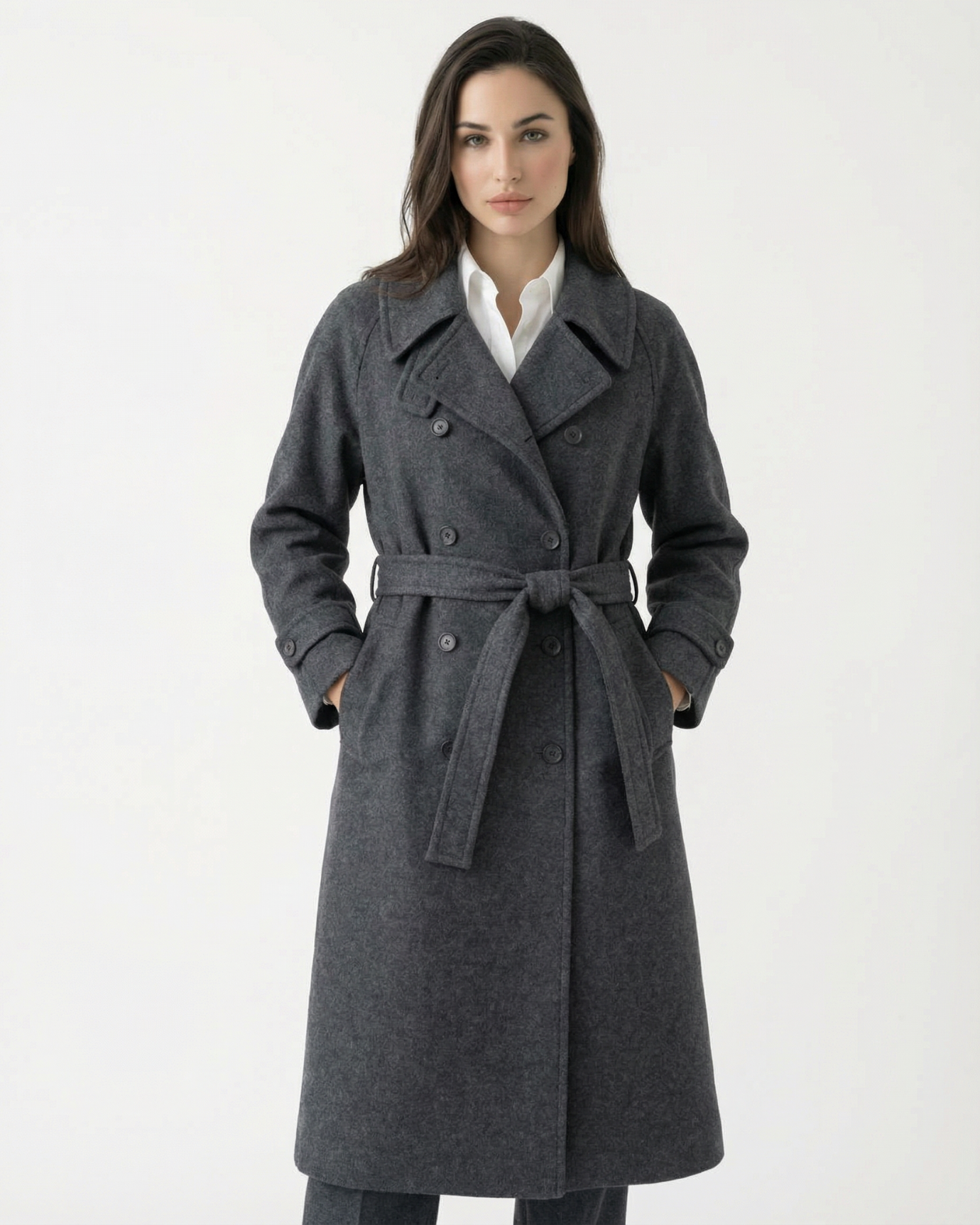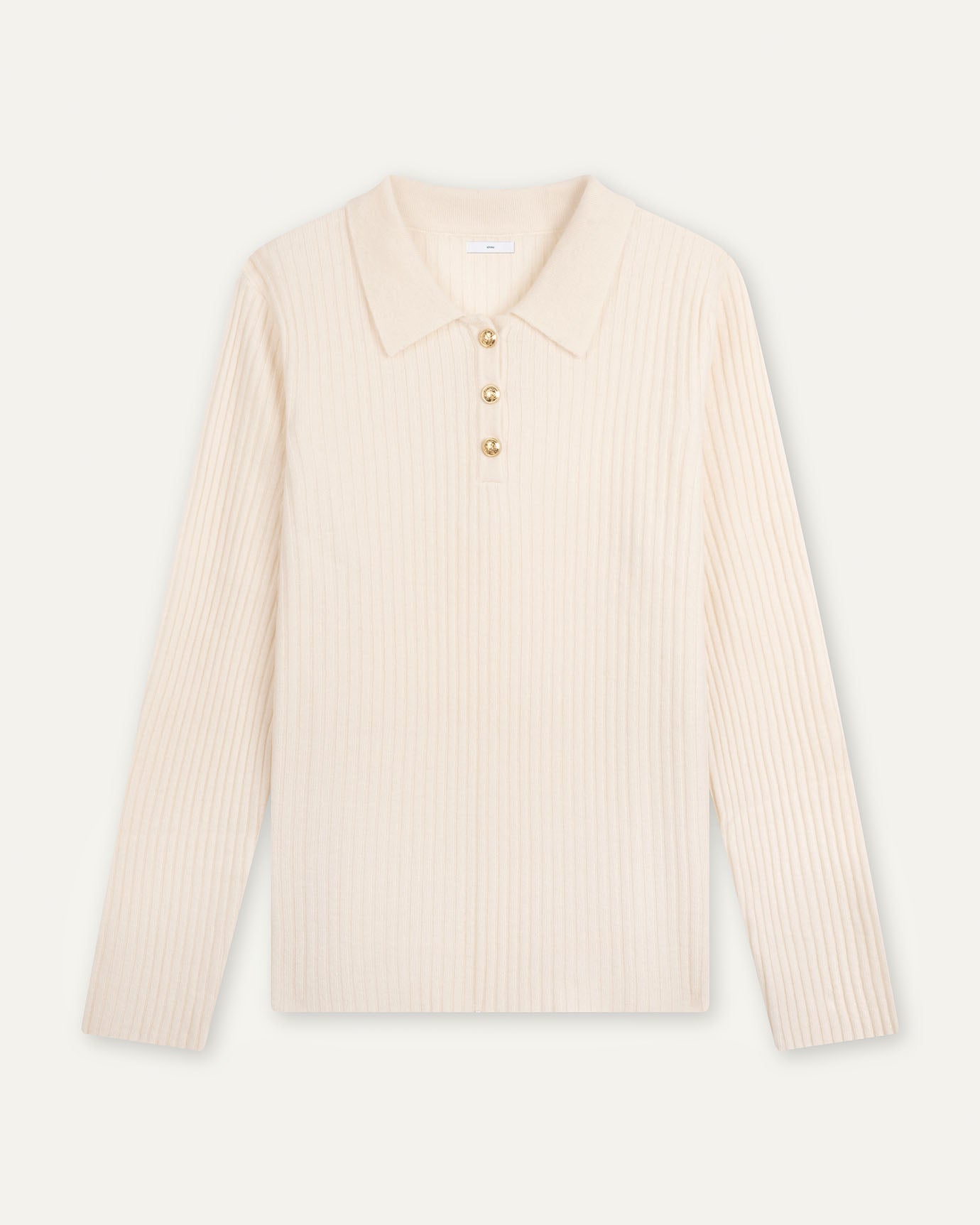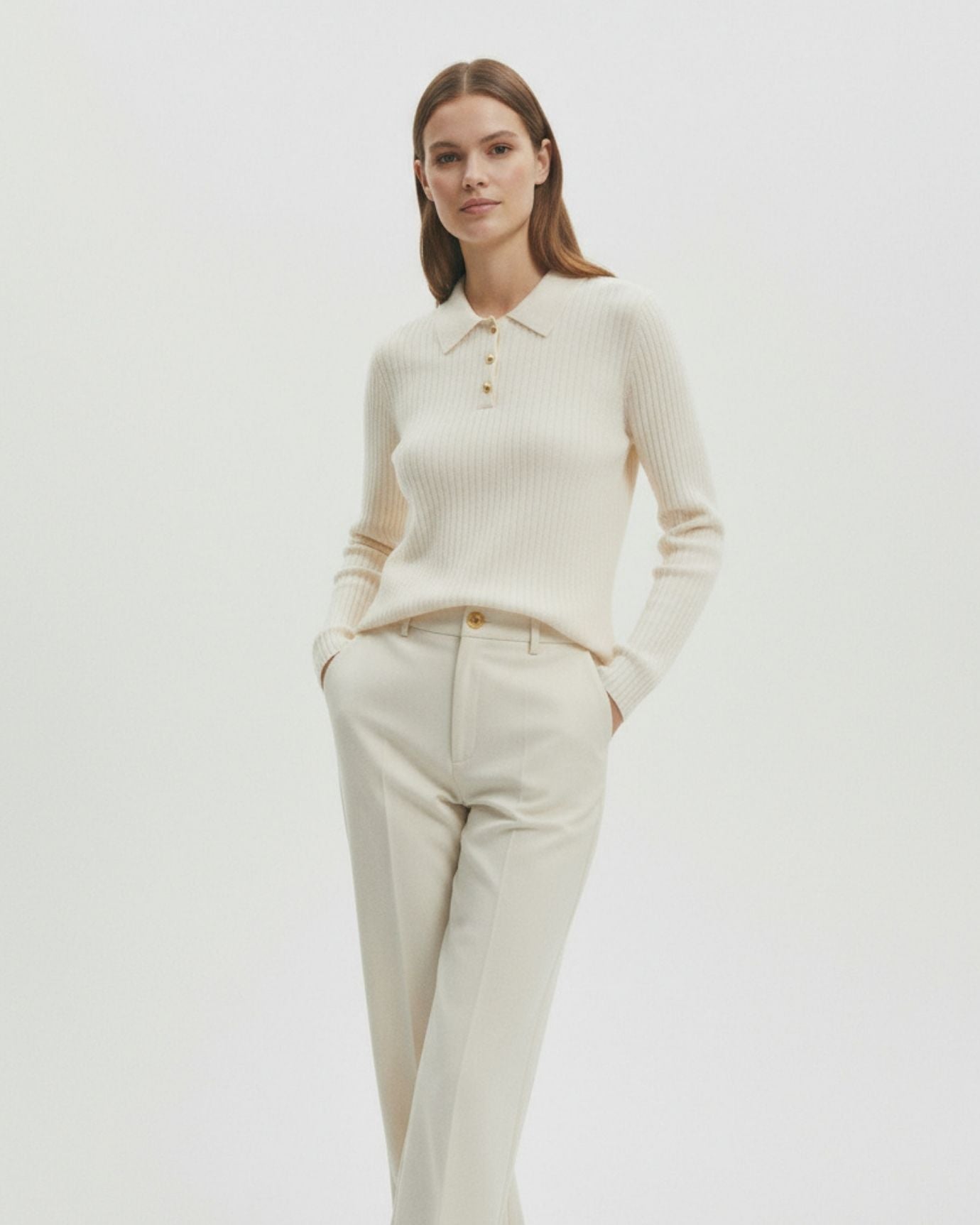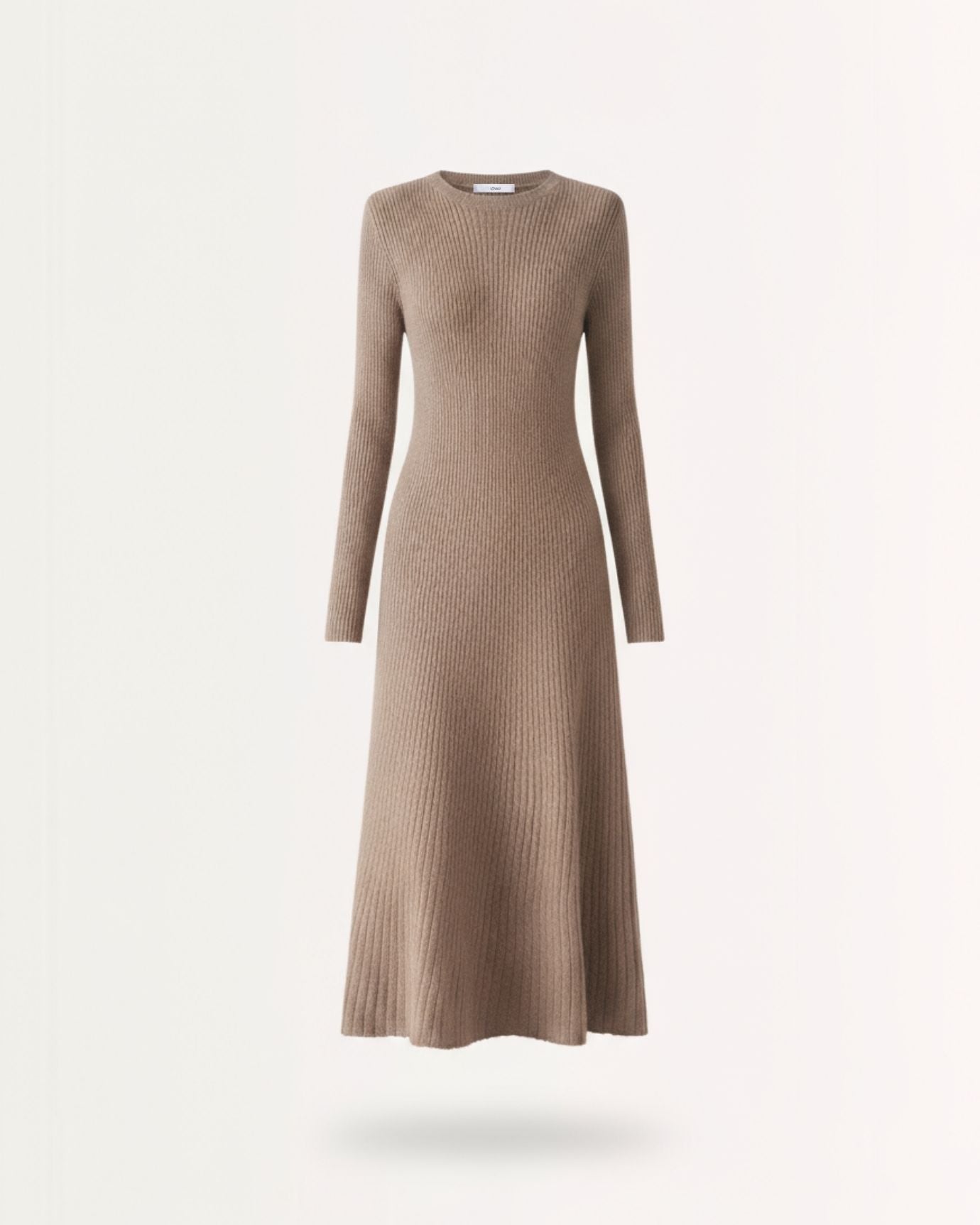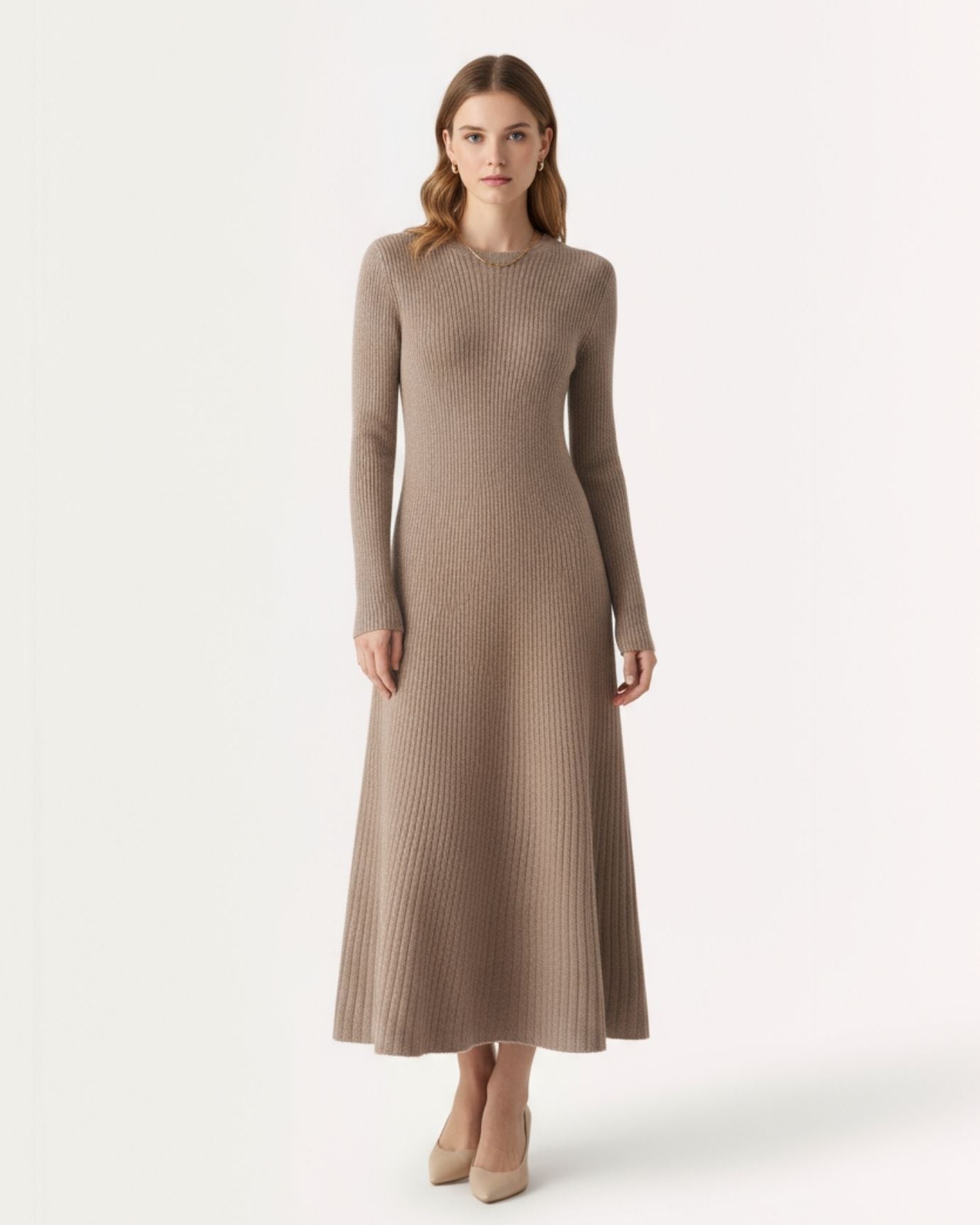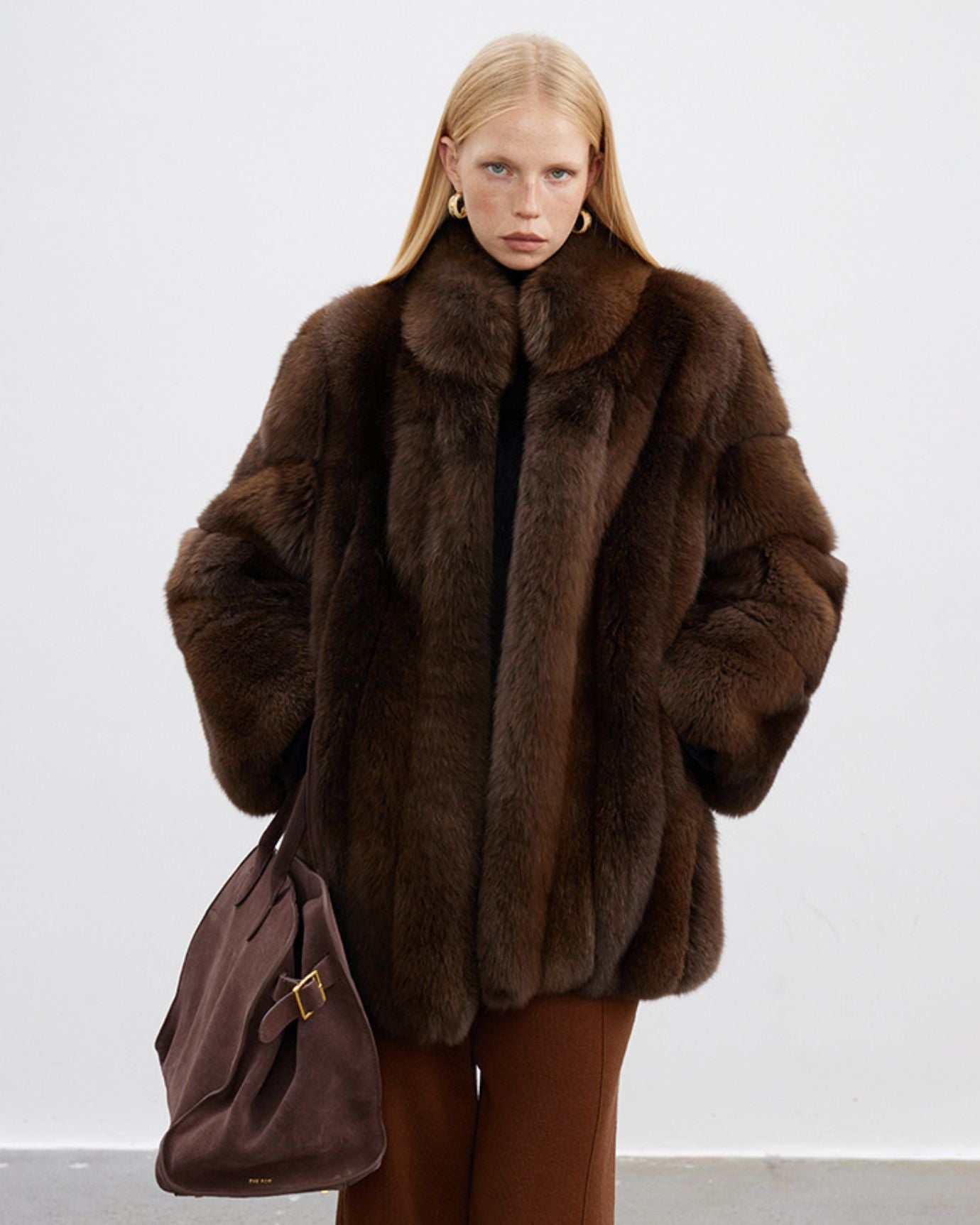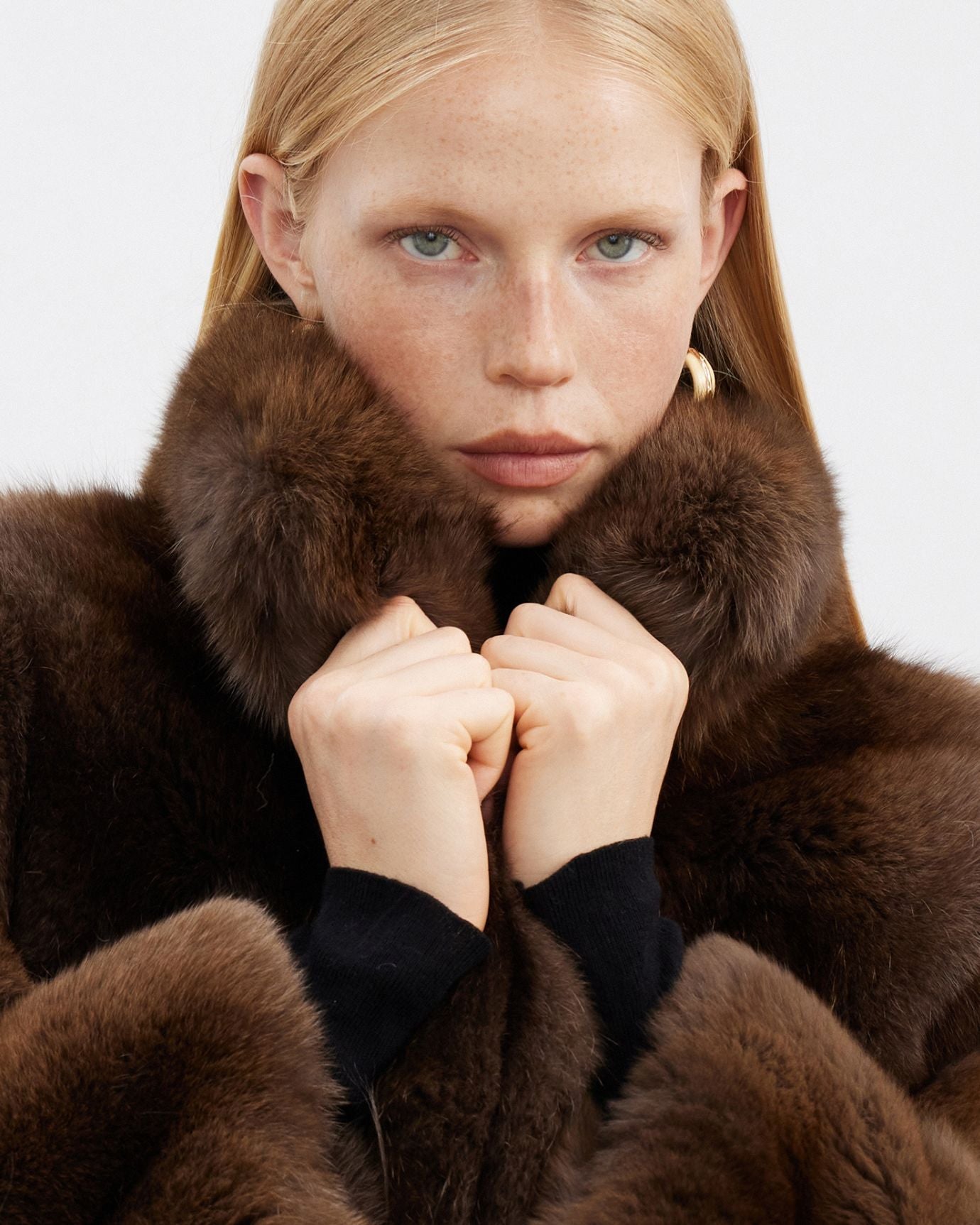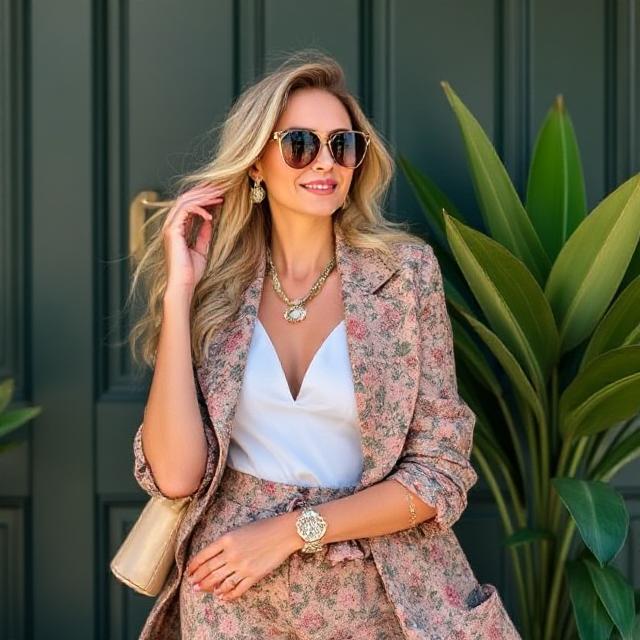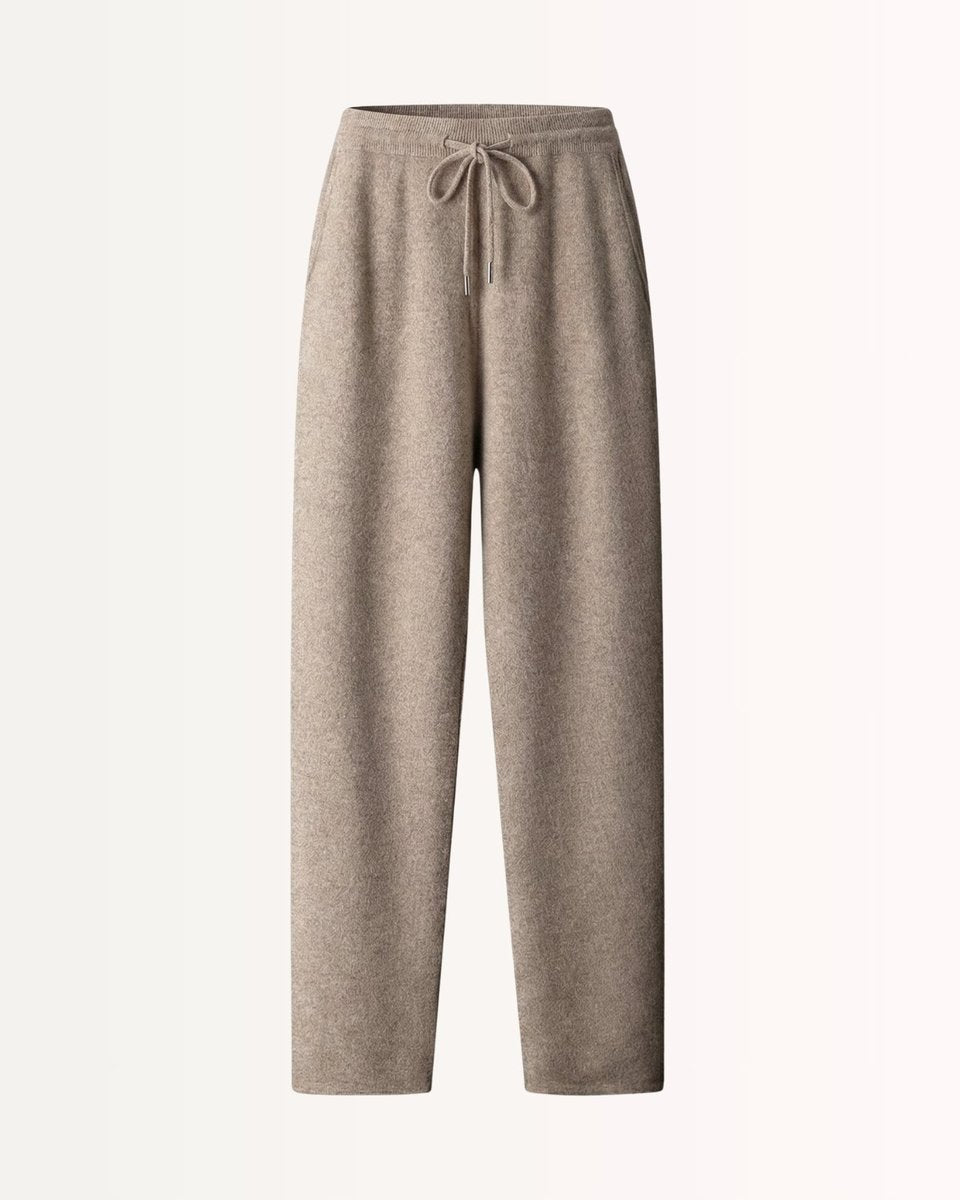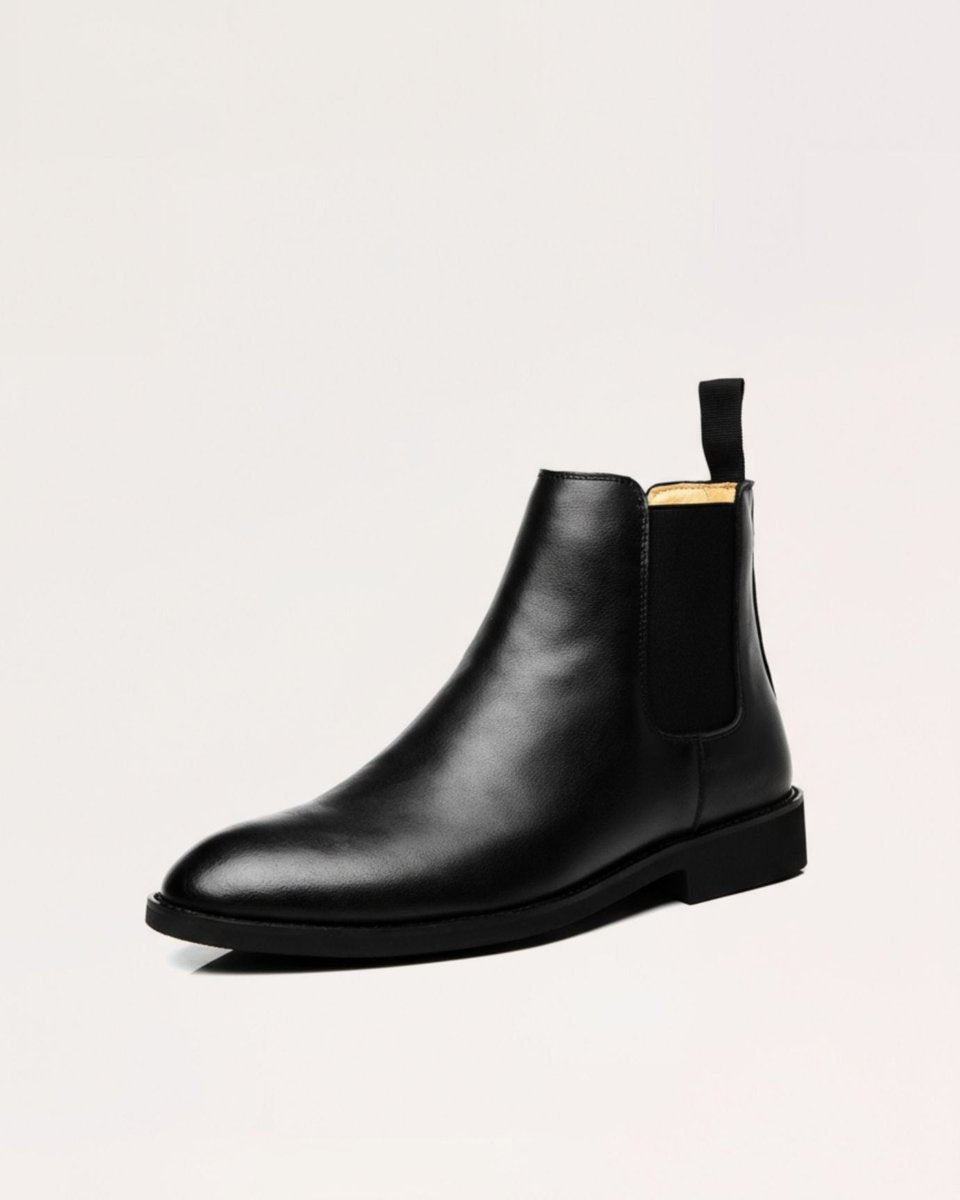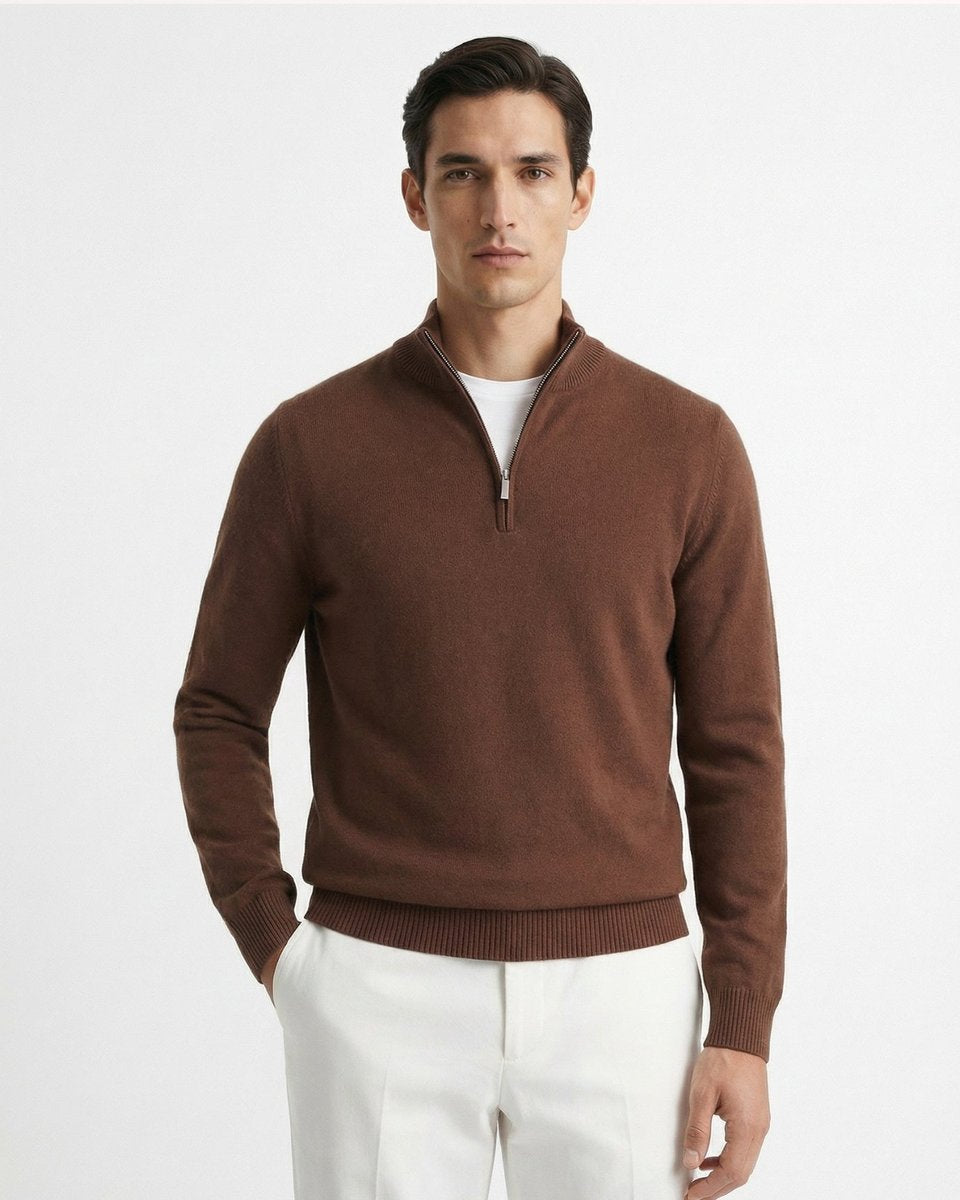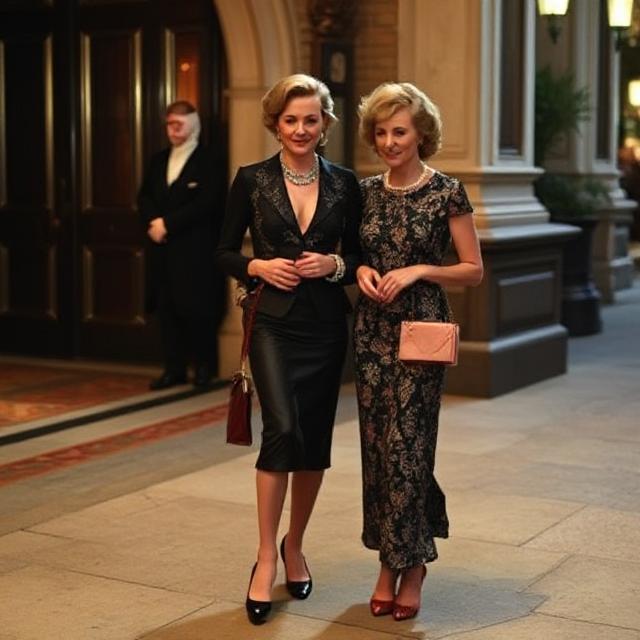
The Rules of Old Money Eveningwear
Old money fashion is about understated excellence and impeccable standards, and nowhere is this more evident than in eveningwear. While flashy outfits and logos may dominate mainstream events, true old money style stands apart through elegance, precision, and history. These are the unspoken rules that govern how the affluent dress for the evening.
Rule 1: Fabric Always Comes First
Old money eveningwear prioritizes fabric above all. Silk, velvet, satin, and fine wool are staples for their rich texture and quiet opulence. These materials drape beautifully, photograph well, and age with dignity. If your gown or tuxedo is made from a premium fabric, it already communicates status.

Rule 2: Fit Is Non-Negotiable
Even the finest material loses impact if the fit is off. Tailoring is not a luxury but a necessity in old money circles. Whether it's a tuxedo jacket with sharp shoulders or a floor-length gown that hugs in all the right places, proper fit transforms a look from ordinary to exceptional.
Rule 3: Stick to Neutral and Jewel Tones
Color palettes are strictly edited. Navy, ivory, black, deep green, and burgundy are preferred. These shades convey sophistication and history without appearing trendy. Old money avoids anything neon, glittery, or gimmicky. The power lies in restrained color choices.
Rule 4: Jewelry Should Be Inherited or Look Like It
Statement pieces are rare in these circles. Instead, you’ll see antique diamonds, pearl chokers, and gold bangles passed down through generations. When buying new, the goal is to emulate that timeless heirloom look, not to chase seasonal trends.
Rule 5: Footwear Must Match the Tone
Evening shoes are always classic. Satin heels, leather Oxfords, or velvet slippers are common choices. Comfort is considered but never at the expense of polish. A worn-out heel or trendy platform would never enter an old money gala.
Rule 6: Avoid Visible Branding
In true old money fashion, logos are taboo. Labels that subtly hint at craftsmanship and heritage win over those that scream for attention. The goal is to be quietly admired, not immediately recognized by a logo.
Rule 7: Outerwear Should Be as Elegant as the Ensemble
Arriving at a formal event in a down jacket or sporty coat is a fashion faux pas. A wool cape, tailored coat, or fur stole completes the look and maintains continuity from head to toe.
Rule 8: Grooming Is Part of the Outfit
Hair and grooming must look effortless but polished. This means a clean shave, a subtle updo, or natural makeup with a radiant finish. The goal is to enhance without overdoing.

Rule 9: The Less You Try, the Richer You Look
Effortlessness is the ultimate goal. Avoid matching sets or outfits that look too calculated. Let your eveningwear look like it came together intuitively from years of good taste.
Rule 10: Confidence Is the Final Accessory
Old money eveningwear is as much about presence as clothing. A confident walk, refined manners, and quiet charm complete the look. True elegance cannot be bought, only embodied.
Conclusion
Old money eveningwear isn’t about standing out - it’s about standing apart. With a foundation of quality, heritage, and subtlety, these fashion rules help you embody quiet luxury in its most formal and refined form.


